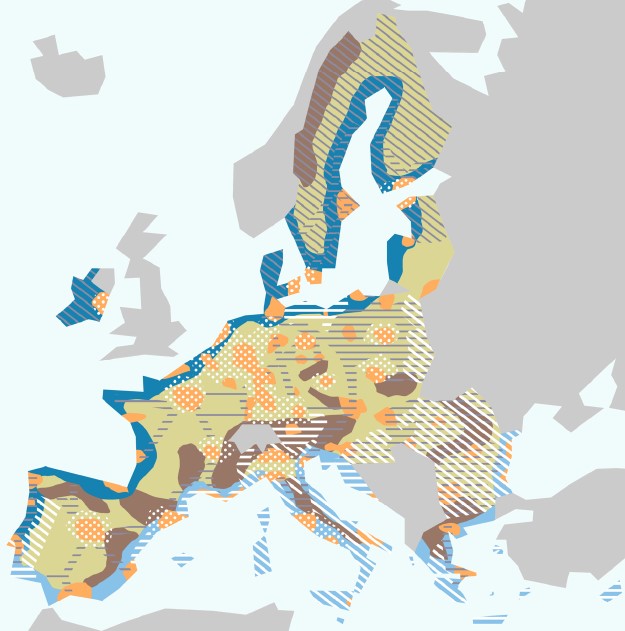
DG REGIO Study: Regional impacts of the COVID-19 crisis on the tourist sector
- 02/12/2021
The study launched by the European Commission Directorate General for Regional and Urban policy (DG REGIO) was piloted by Spatial Foresight in cooperation with NECSTouR and t33 and AnySolution.
Download the study here and its annex featuring NECSTouR contributions.
You also find a quick summary of the report and some reflections on how the pandemic affects tourism in Spatial Foresight blog.
The study assesses how different tourist regions are affected by COVID-19 and potential future developments. It combines analysis of territorial diversity and the economic importance of tourism with the territorially diverse impacts of the COVID-19 pandemic. There is also a time dimension, as the impacts differ territoriality between what we have seen so far and what we can expect to in the short- and medium-term.
Tourism is an important part of the European economy involving 3 million enterprises, employing 22.6 million people (11% of total EU employment) and accounting for 9.5% of EU GDP in 2019. It is also one of the sectors the most heavily affected by COVID-19, both in the short-term and in the medium to long-term. The impacts are felt throughout complex tourism ecosystems and value chains across a wide range of sectors.
To support recovery towards more resilient and green tourism all levels, from local to European, must cooperate. The crisis must be used to develop new solutions for sustainable tourism and embrace digitisation as a tool. All this needs to be done in multilevel governance processes involving a wide range of players from many different sectors and levels of governance.